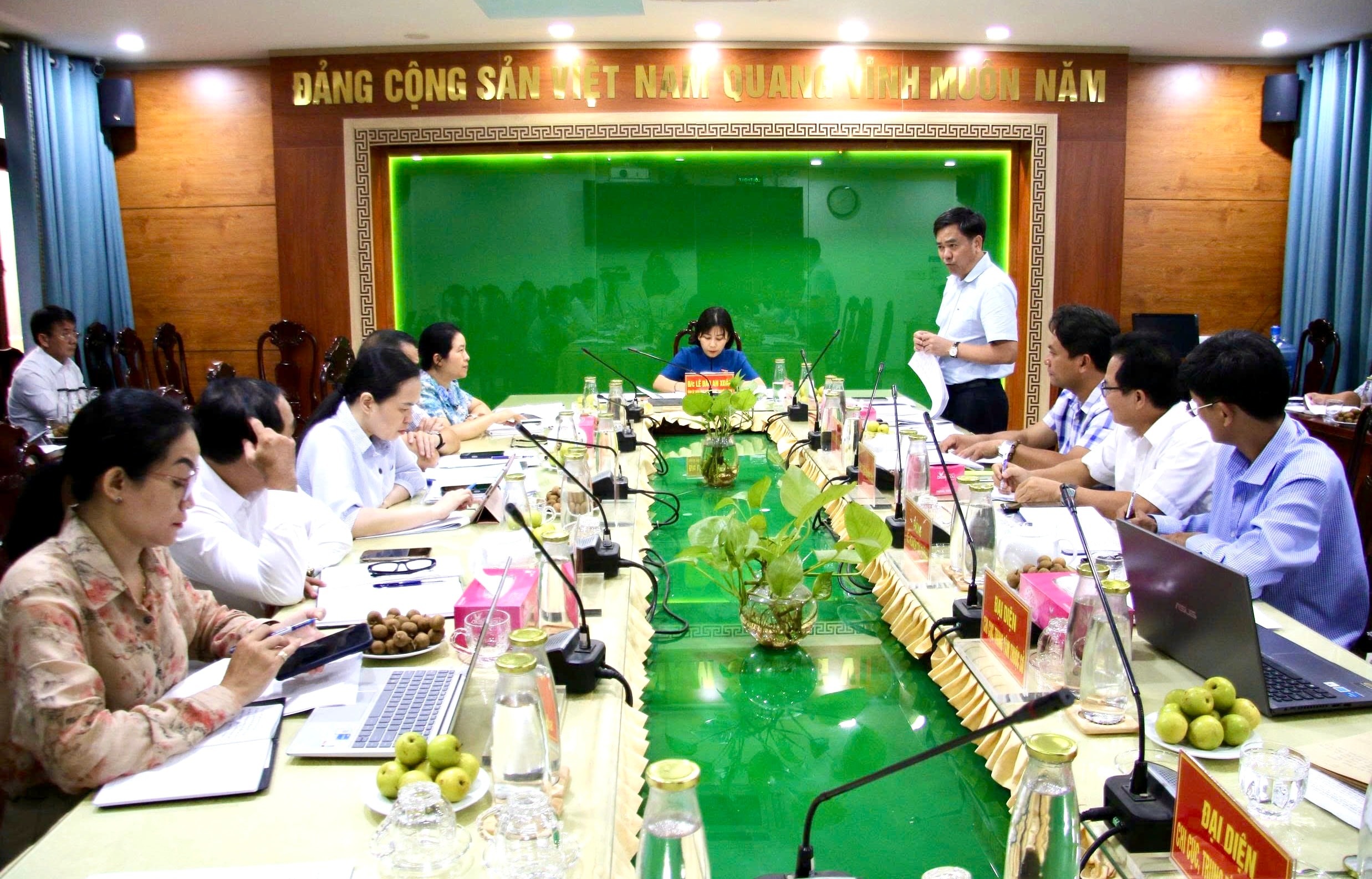
Joining the working delegation were representatives of leaders of People's Council committees and representatives of relevant departments and branches.
At the working session, representatives of the Department of Agriculture and Environment reported on the implementation results of the National Target Program on Sustainable Poverty Reduction and the National Target Program on New Rural Development for the 2021-2025 period.
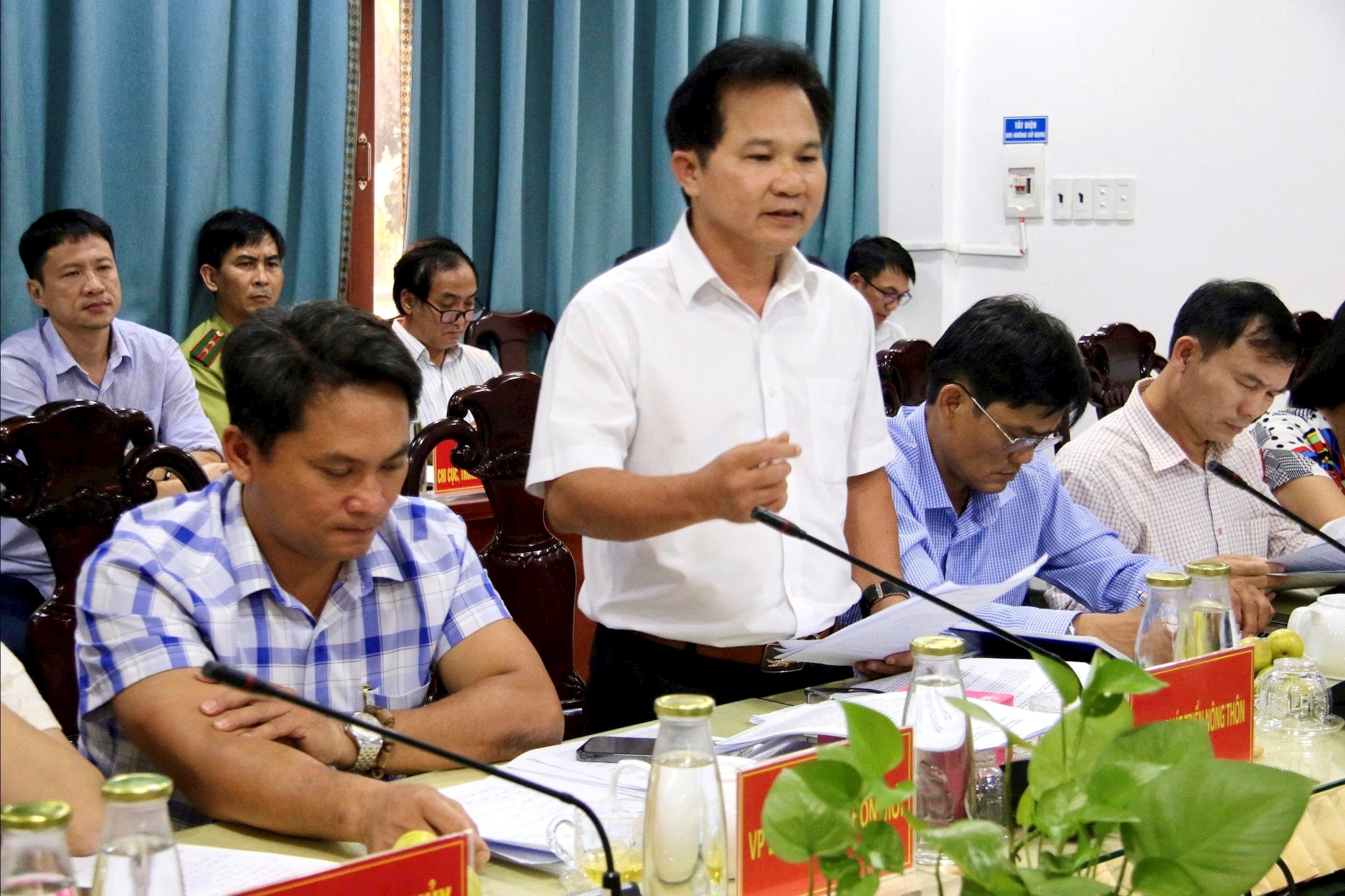
Accordingly, the total capital allocated for the Sustainable Poverty Reduction Program is 1,650,038 billion VND, of which the central budget is 1,506,869 billion VND, the local budget is 142,169 billion VND, and mobilized capital is 130,662 billion VND. To date, the province has disbursed 1,151.31 billion VND, reaching nearly 70% of the capital plan.
Thanks to the synchronous implementation of projects, the poverty rate in the whole province decreased by an average of 1.67%/year, from 10.09% in 2021 (76,688 households) to 5.08% at the end of 2024 (40,917 households); the poverty rate among ethnic minorities decreased by an average of 4.47%/year, from 27.49% (46,840 households) to 14.06% (27,079 households). It is expected that by the end of 2025, the poverty rate will be 2.08%, the poverty rate among ethnic minorities will be 10.06%.
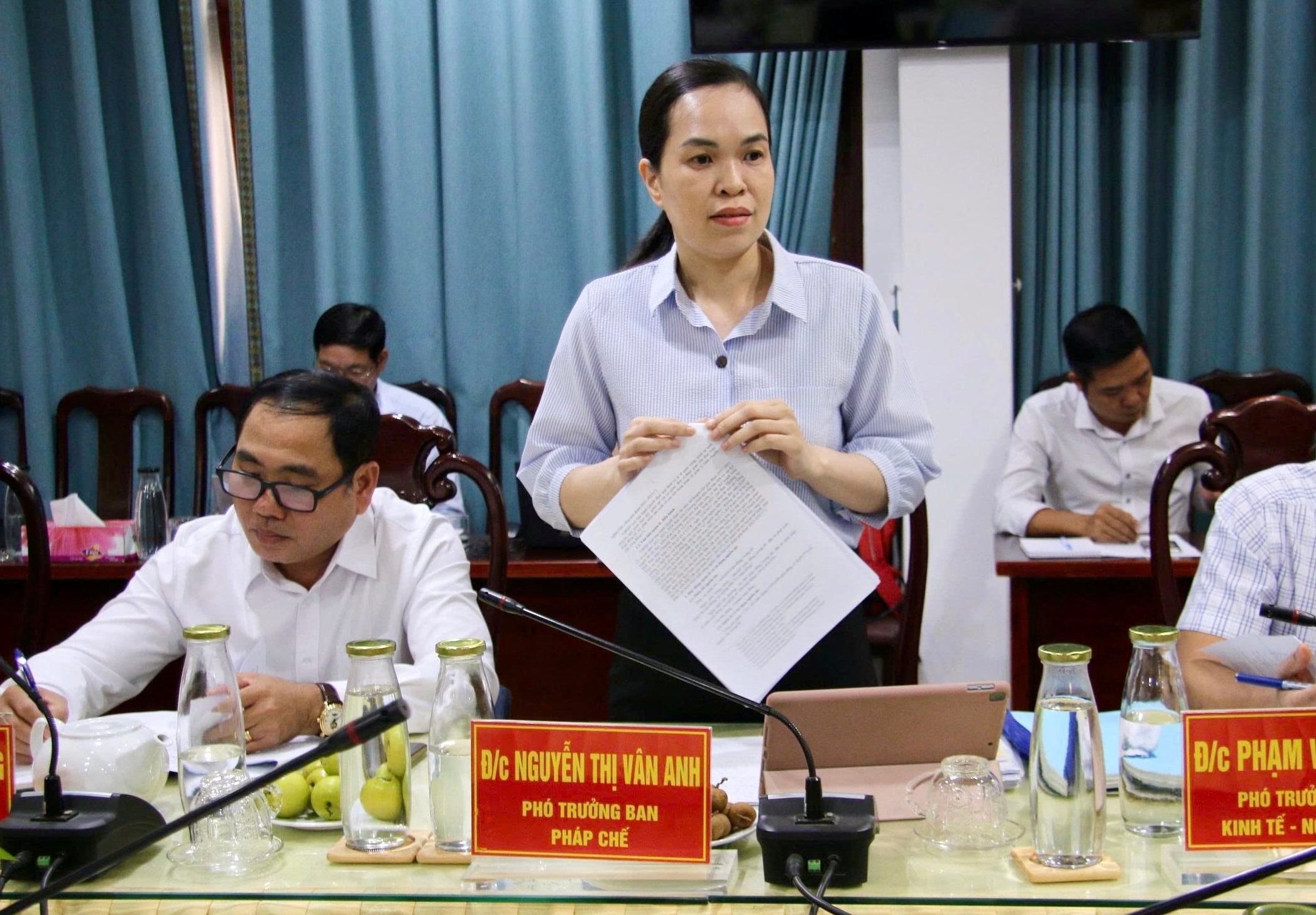
During this period, the province invested in 90 infrastructure projects, implemented 507 poverty reduction models with the participation of more than 5,700 households, supported 3,399 poor and near-poor households to build new and repair houses, organized 160 vocational training classes for 4,869 rural workers, contributing to creating jobs for over 100,000 workers.
Along with that, policies to support students, health insurance, preferential credit, poverty reduction communication and legal aid are effectively implemented, ensuring social security and improving people's lives.
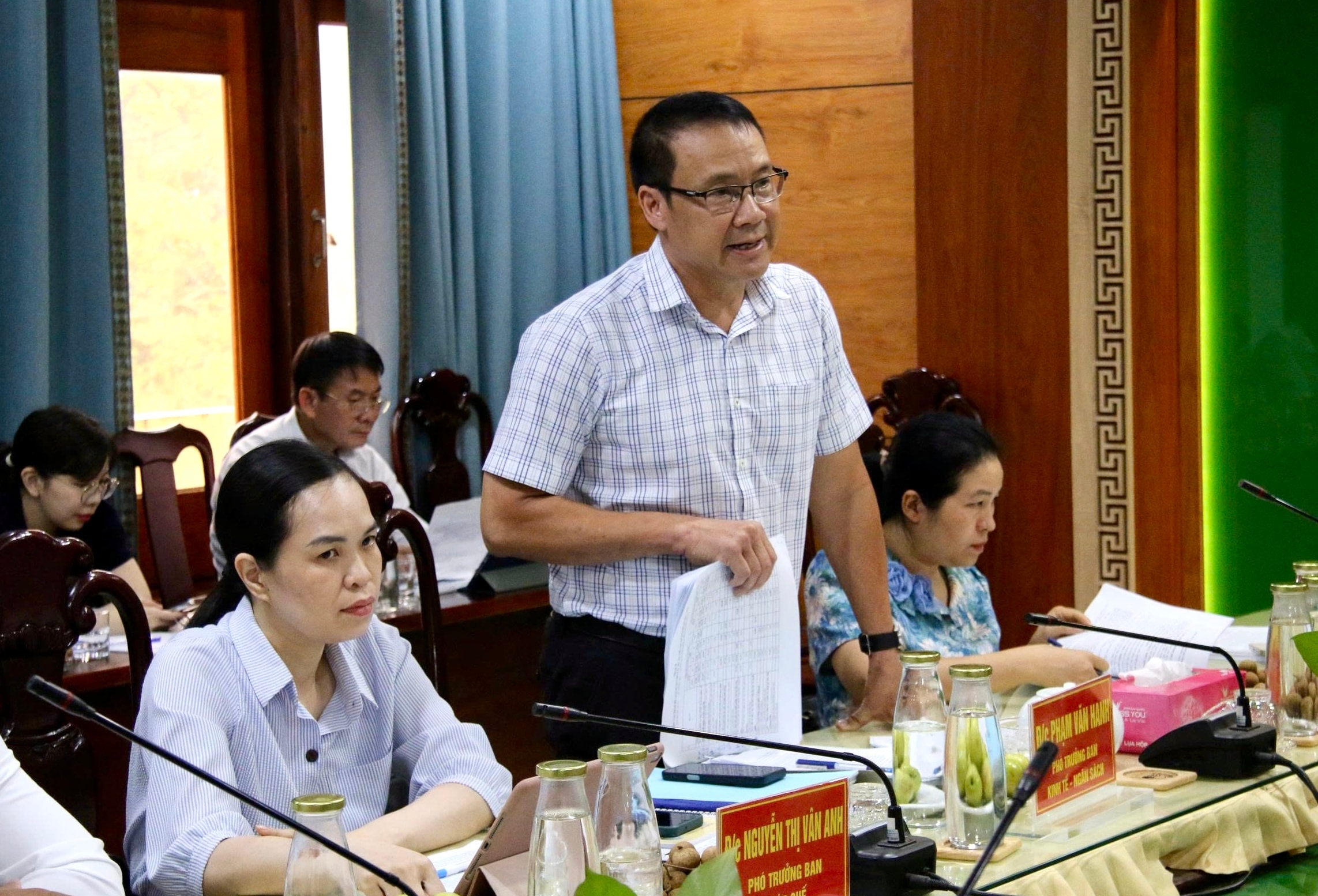
Regarding the National Target Program on New Rural Development, up to now the whole province (after the merger) has 88 communes. Of which, 26 communes meet 19 criteria, 8 communes meet 18 criteria, 48 communes meet less than 15 criteria.
The whole province has 764 OCOP products, including 2 5-star products, 50 4-star products, 656 3-star products; many products have the potential to upgrade to meet national standards. Environmental protection, digital transformation, rural tourism development, improving the quality of education, health care and rural cultural life continue to receive attention, contributing to changing the face of new rural areas.
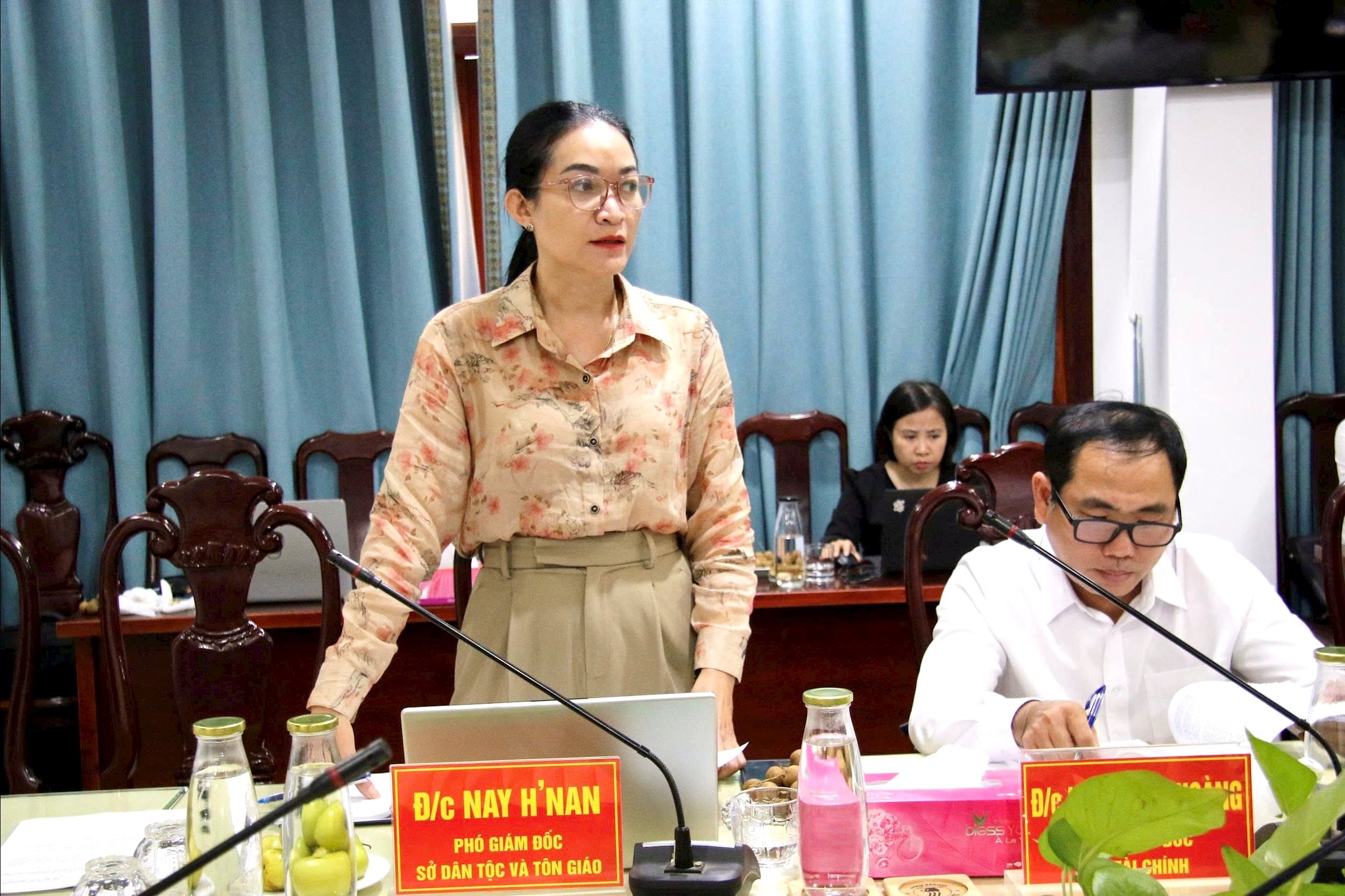
At the meeting, members of the Survey Team highly appreciated the leading role of the Department of Agriculture and Environment in implementing two key programs, especially in the context of the locality facing many difficulties due to the COVID-19 pandemic, administrative unit mergers and lack of investment resources.
In addition, the Delegation also pointed out shortcomings such as: the progress of issuing guidance documents is still slow, the disbursement rate is not high, the review of poor households in some places is still inadequate, and the maintenance of new rural results is not really sustainable.
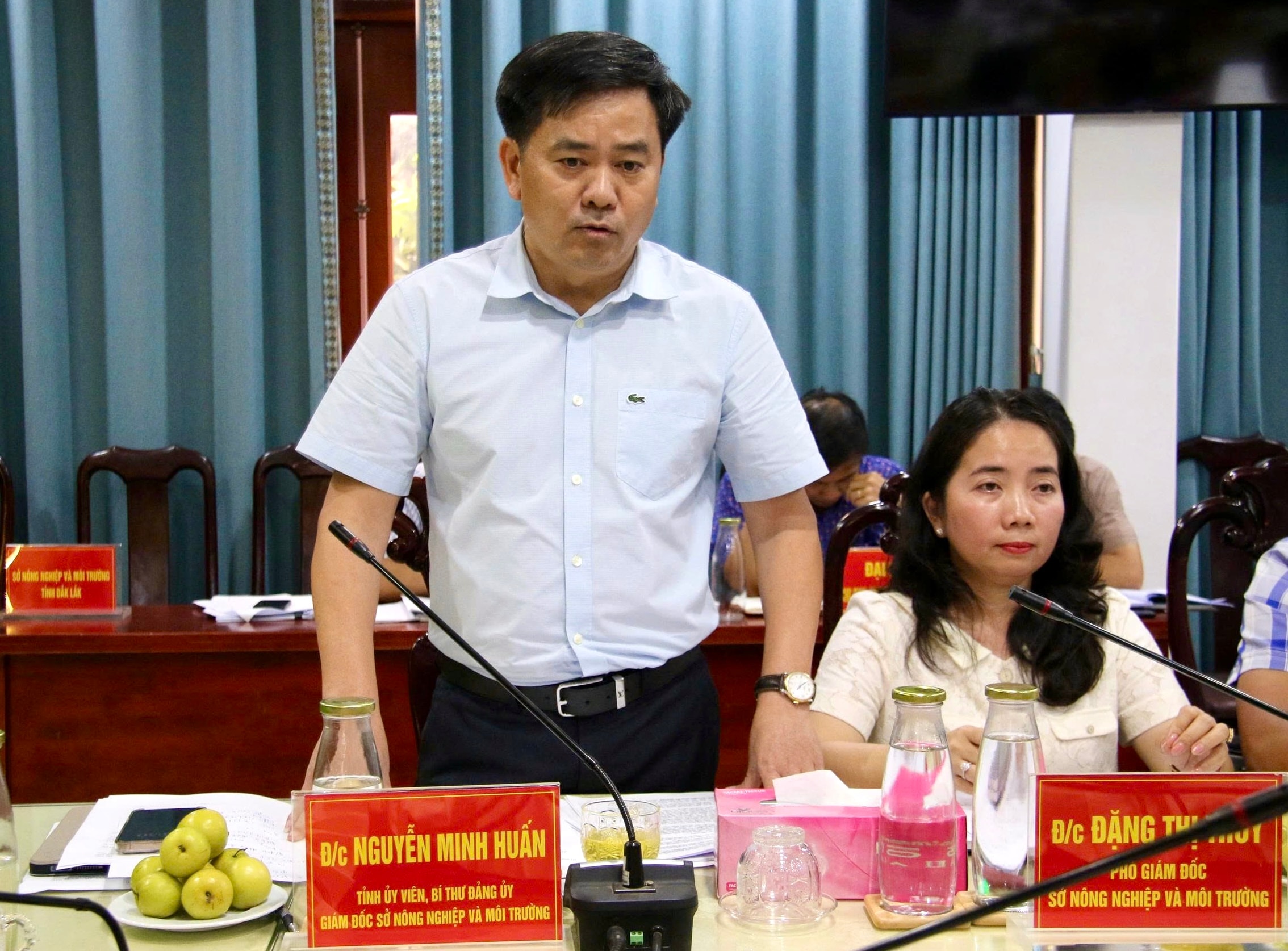
Concluding the working session, Deputy Head of the Provincial National Assembly Delegation Le Dao An Xuan highly appreciated the implementation results of the Department of Agriculture and Environment in recent times; at the same time, shared the difficulties the industry encountered in the process of organizing the implementation of national target programs.
The Deputy Head of the Provincial National Assembly Delegation requested the Department of Agriculture and Environment to continue completing the report, focusing on clarifying difficulties, obstacles and policy recommendations so that the Provincial National Assembly Delegation can synthesize and send them to the National Assembly and the Government to serve the process of building and adjusting policies for the next phase.
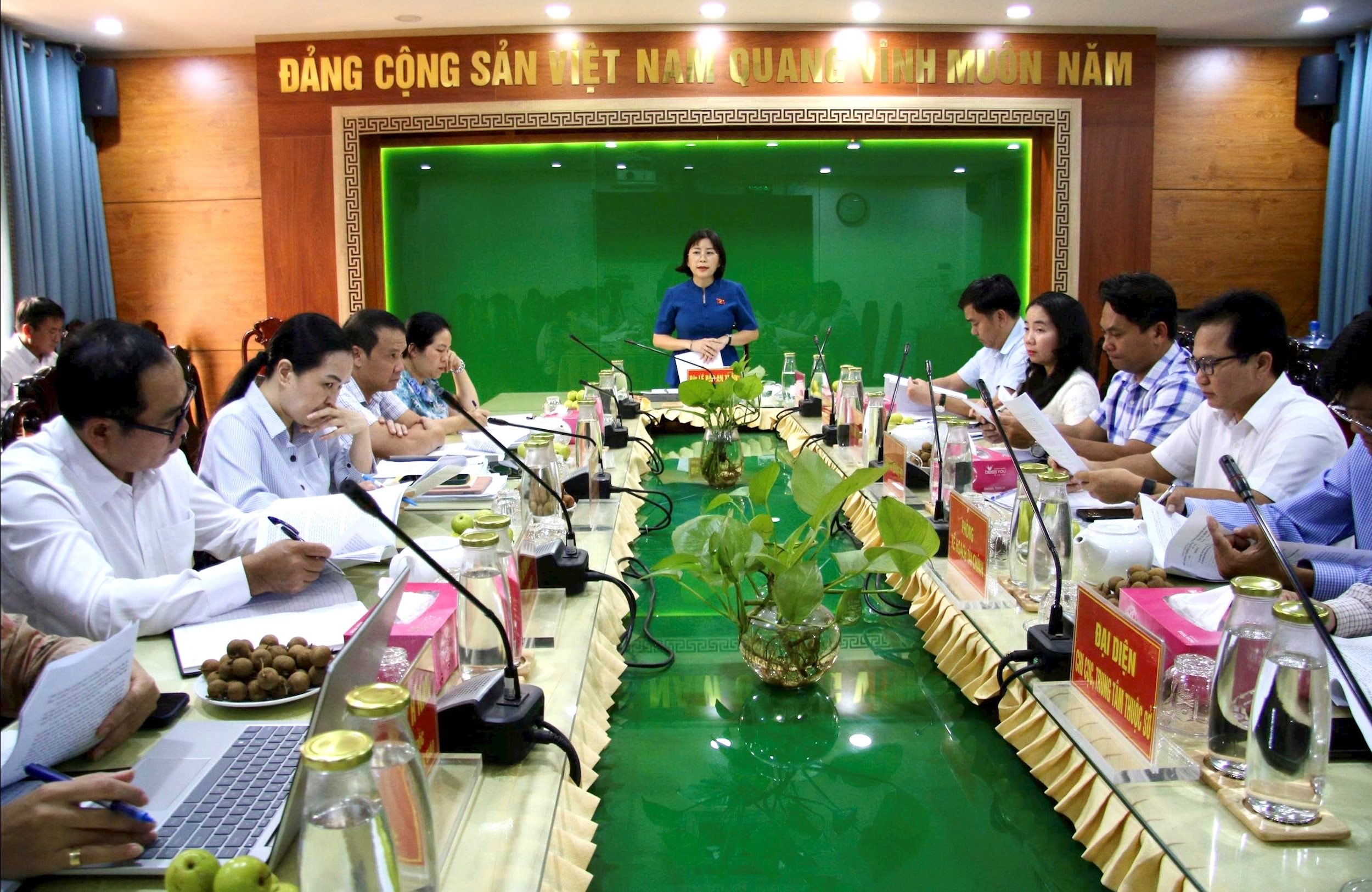
In particular, the Deputy Head of the Provincial National Assembly Delegation proposed to build and design national target programs in a framework and with openness, so that localities can proactively and flexibly implement them in accordance with actual conditions; decentralize, clearly define authority, shorten administrative procedures, and switch from "pre-inspection to post-inspection" to facilitate the implementation process.
Along with that, focus on investing in sustainable production models, associated with cooperatives; pay attention to the practicality of income and poor household criteria that must be suitable to the characteristics of regions and ethnic minorities. For propaganda work, it is necessary to innovate methods and apply digital technology to improve the effectiveness of reaching people, avoiding formalities and spreading like in the previous period.
Source: https://daibieunhandan.vn/thiet-ke-cac-chuong-trinh-muc-tieu-quoc-quoc-gia-theo-huong-khung-co-do-mo-10390246.html






![[Photo] Solemn opening of the 1st Government Party Congress](https://vphoto.vietnam.vn/thumb/1200x675/vietnam/resource/IMAGE/2025/10/13/1760337945186_ndo_br_img-0787-jpg.webp)







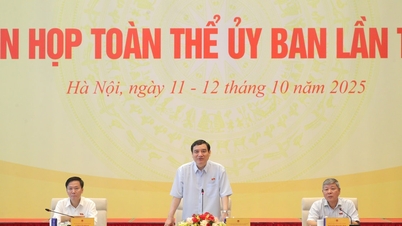






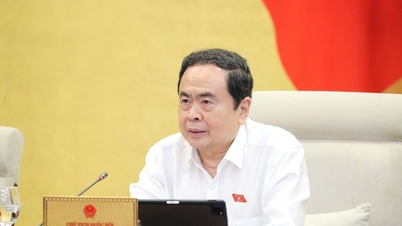

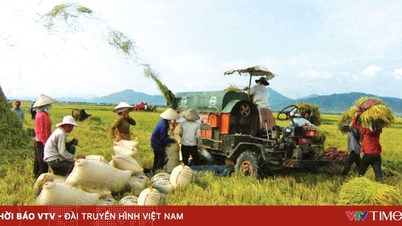


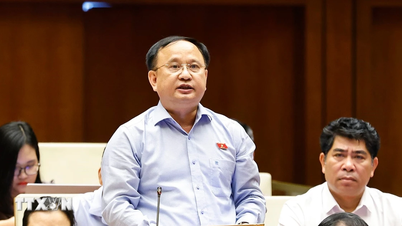




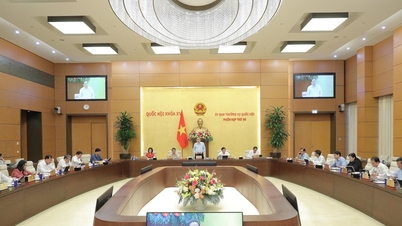
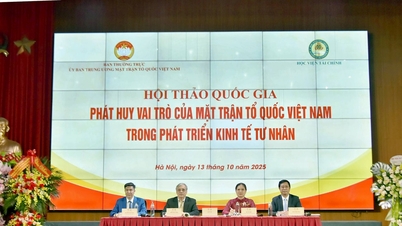

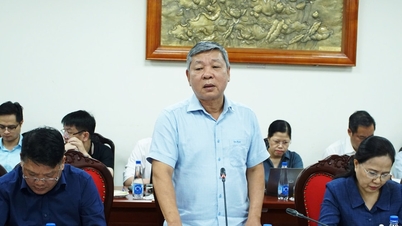
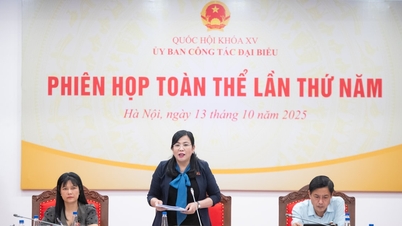
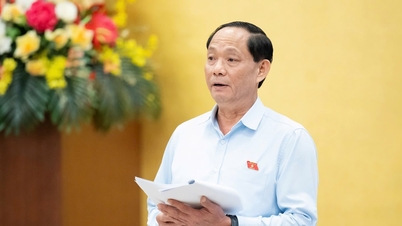
![[Photo] General Secretary To Lam attends the opening of the 1st Government Party Congress](https://vphoto.vietnam.vn/thumb/1200x675/vietnam/resource/IMAGE/2025/10/13/1760321055249_ndo_br_cover-9284-jpg.webp)



























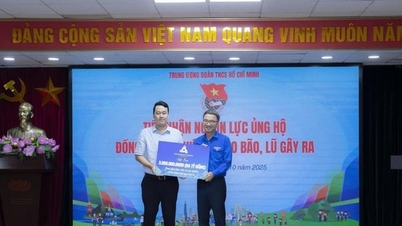

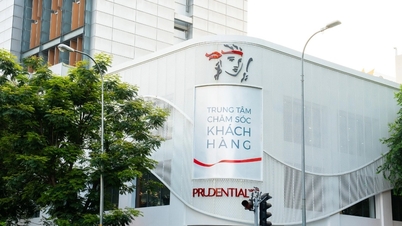

















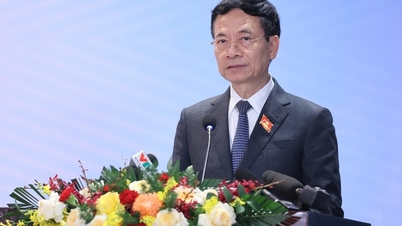


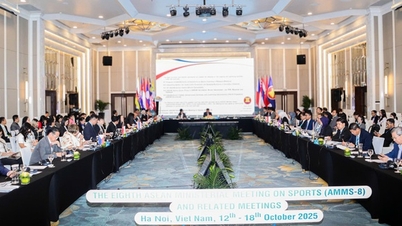


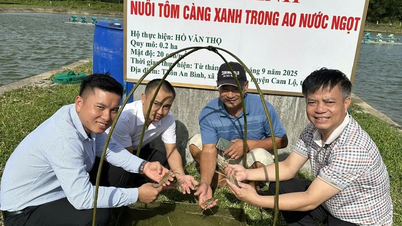

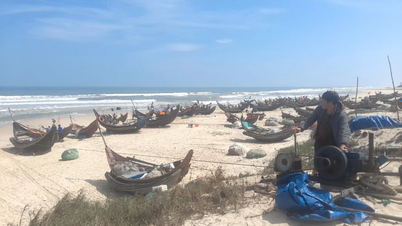

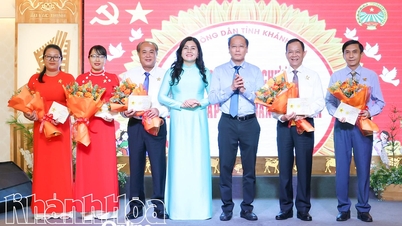
















Comment (0)